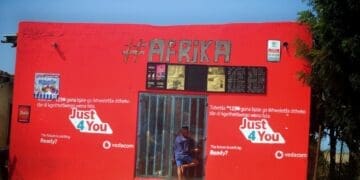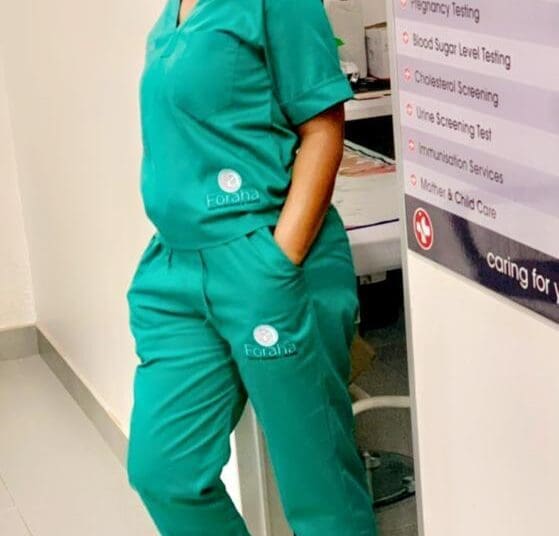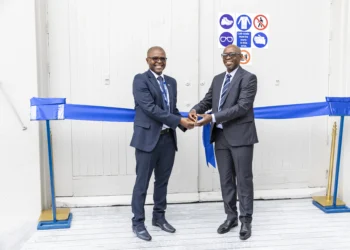By: Tebogo Mokwena
The high nurse-to-patient ratio in public clinics often makes it difficult for patients to get the help they need. And it is also costly for parents who want to send their children to rehabilitation centres. Years ago, a Joburg-based nurse with over a decade of experience in nursing saw the need to establish a private clinic that would address both of these issues. The clinic is called Foraha Executive Healthcare and Wellness, and its three different facilities provide affordable services to residents of Johannesburg South and Soweto.
Its founder, Nonjabulo Mbuthu, told Vutivi News that the first facility provided primary healthcare services for men, women and children, and helped manage chronic illnesses. The second facility is called the Drip Lab, and it provides intravenous (IV) clinical care where they administer medication and supplements through an IV drip. The third facility is Foraha Legends, which is an NGO that serves as a drug and substance detox day clinic. It also provides psychosocial support from social workers and counsellors.
Mbuthu said it did not charge rehab patients who required medical screening in order to be admitted into rehabilitation centres for more than one day. Also, the clinic’s services were more affordable compared to the average charges of private facilities. She said for example Foraha charged R550 for a drip-induced detox, whereas the average price ranged between R800 and R2000. The clinic’s psychosocial services such as counselling and social work were also free.
Mbuthu explained that while she registered the business in 2015, it wasn’t until the Covid-19 outbreak that it started operating. “One of the doctors I was working with during the early days of the pandemic contracted Covid-19 and had to close down his surgery while he recovered,” she said. “He called me and asked me to do home visits for some of his clients that needed ARV treatments. “After I gave them my service, the same customer booked me for other family members, and because people were afraid of contracting the coronavirus by visiting doctors, I started advertising my services.”
Mbuthu did house calls for other doctors and followed up on patients’ chronic treatments until 2022 when she decided to do it full-time. She then enlisted the services of one doctor, a registered nurse, two professional nurses, a public healthcare nurse, a part-time nurse pharmacy assistant and a project manager. “I wanted to make sure that the gap between private and public healthcare is reduced,” she said. “I also wanted to reduce the time patients wait for services at public clinics as well as the patient-to-nurse ratio, which at the moment is very high in clinics,” Mbutho said she wanted to extend her clinic’s services to include affordable dialysis treatment and assist public facilities with X-ray services.
























































